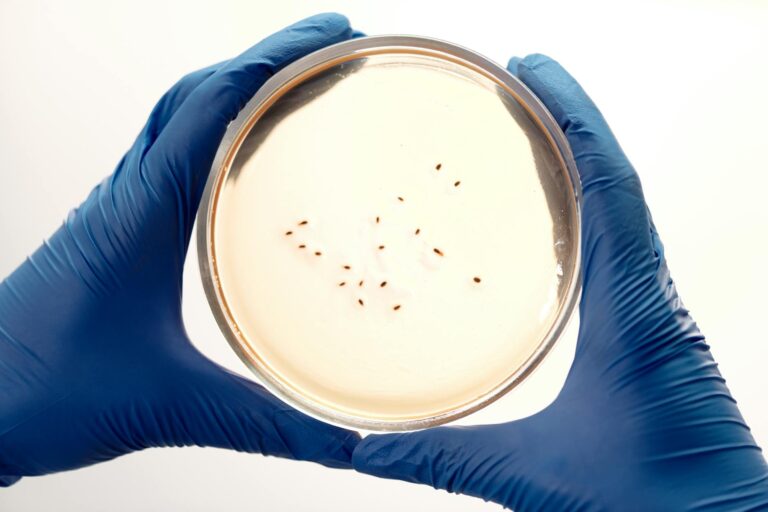As we grow older, our bodies inevitably begin to show signs of aging. Our skin wrinkles, our hair turns gray, and our joints ache. But what about the aging of our brains? It’s a topic that often goes unnoticed or ignored, but the truth is, our brains age just like the rest of our bodies. And the effects can be terrifying.
As we age, our brains undergo a natural process known as neurodegeneration. This is the gradual loss of neurons and their connections, which can lead to a decline in cognitive function. In simpler terms, our brains start to shrink and lose important connections, making it more difficult for us to think, remember, and learn.
One of the scariest aspects of brain aging is that it can happen to anyone. While some people may experience it earlier or more severely than others, no one is immune to the effects of aging on the brain. In fact, after the age of 30, our brains begin to shrink at a rate of about 5% per decade.
But what causes this decline in brain function? There are many factors that can contribute to brain aging, including genetics, lifestyle habits, and environmental factors. For example, studies have shown that individuals with a family history of Alzheimer’s disease are at a higher risk for developing the condition themselves. Additionally, smoking, excessive alcohol consumption, and poor diet have all been linked to an increased risk of cognitive decline.
Another terrifying aspect of brain aging is that it can go unnoticed for years. Unlike physical signs of aging such as wrinkles or gray hair, changes in brain function can be harder to detect. This is because our brains are highly adaptable and can compensate for certain declines in function. For example, if one area of the brain is not functioning as well as it used to, other areas can pick up the slack. This makes it difficult to pinpoint when exactly brain aging begins and how severe it may be.
So what can we do to slow down the aging of our brains? The good news is that there are steps we can take to keep our brains healthy and functioning well into old age. One of the most important things we can do is to keep our minds active. This can include activities such as reading, solving puzzles, or learning new skills. Engaging in mentally stimulating activities helps to keep our brain cells active and can even promote the growth of new brain cells.
Another important factor in maintaining a healthy brain is staying physically active. Exercise not only benefits our bodies, but it also has a positive impact on our brains. Regular exercise has been shown to improve cognitive function, memory, and overall brain health. It also helps to reduce stress, which can be damaging to the brain over time.
In addition to staying mentally and physically active, there are other lifestyle choices we can make to support brain health. Eating a balanced diet, getting enough sleep, and managing stress are all important factors in keeping our brains functioning at their best. Avoiding harmful substances like excessive alcohol and tobacco also plays a role in maintaining a healthy brain.
It’s also important to stay socially connected as we age. Studies have shown that loneliness and social isolation can have a negative impact on brain health. Maintaining relationships and staying socially engaged can help to reduce stress, improve mood, and keep our brains sharp.
While the aging of our brains may sound terrifying, it’s important to remember that it is a natural process. We may not be able to stop it entirely, but by making healthy lifestyle choices, we can slow down the decline and maintain a high level of cognitive function well into old age.
In conclusion, brain aging is a topic that deserves more attention and discussion. The effects of neurodegeneration can be terrifying, but by taking care of our minds and bodies, we can support brain health and potentially delay or lessen the impact of aging on our brains. So let’s start the conversation and take action to protect our most valuable asset – our brains.





